F2F2D: Face-to-Face-to-Distance and back – How to effectively transfer F2F language courses to online/distance form in a short time
How can one deal with the conversion of language courses online and back to normal again effectively? An international partnership of Erasmus+ project was working on that.
The project reacted directly to the security situation that emerged in Europe and other parts of the world due to a rapid spread of COVID-19 disease.
Situation in Europe has changed dramatically in due to the spread of COVID-19 and a closure of most of the public services, including education ones. Language courses play a special role due to a constant need of direct contact with the teacher, options to practice and train newly acquired language skills, get instant feedback in direct communication (dialogue, group conversation) etc. So, the sole transfer of knowledge the students are expected to gather wasn’t possible in these courses and the need to find alternative methods was of utter importance for all language education providers in Europe.
Project cbjective
The aim of the project was to develop a conceptual framework for transformation of various types of courses into sufficient online/distance form. The concept was based on two premises:
- teacher developed distant support materials continuously during the standard run of courses;
- students used these tools to enhance their involvement in the course, repeat and deepen their knowledge and also to get familiar with distance educational tools their teacher is using.
The pandemic situation has influenced education and probably the way people started to learn what stays valid also once the pandemic is over. Going on-line is very useful for example in case of unpredictable absence of a student, distance/online learning tools can be used at least partially to get in touch with content of the lessons the student has missed in case of unpredictable absence of the teacher, students will be given links to online/distant supportive materials to keep the tempo of lessons (if they decide to use it; otherwise they can obviously ask for a standard lesson with another teacher or to combine both) in an extraordinary situation when the standard teaching/learning process is impossible to maintain, distance/online tools will be used by both teachers and students to keep up with the original schedule and get ready to achieve original goals of the course.
The resources were translated into Bulgarian, Czech, German, Italian and Polish.
All project outputs are free for download for all interested users.
Target groups
- Students and teachers of language courses,
- Facilitators of language courses (language centers, universities, NGOs working with foreigners/immigrants, etc),
- Stakeholders/customers (companies, parents, students themselves),
- Regional and state authorities and policy makers in the field of education
Results
Within the project led by a consortium 6 partners from Germany, Czech Republic, Italy, Poland and Bulgaria, six intellectual outputs were prepared:
- A comprehensive roadmap of types of language courses and its transfer needs to online/distant form
- Teacher guide to available tools and methods of transfer
- Step-by-step guide for transferring courses
- Self-assessment and assessment distant tools for students, teachers and facilitators
- Platform for distance/online education
- Course Guide for Teachers
Added Value
The project is thus not simply a guide to use an online tool or to transfer a course with an online tool. Rather, it offers a matrix to find out the best possible combination of tools from a variety available for a particular course, enabling the teachers and facilitators to overcome the time burden and react:
- quickly enough to not miss the students and time
- effectively, so with the selected combination of online/distance tools, the class can keep up with the original schedule
- with selecting relevant tools and methods that fit both teacher and students of a particular course
For times of standard language learning courses, the methodology equiped teachers and students with scenarios to develop distant and online support materials for language learning, which widens options to overcome absences or delays and be prepared for unexpected complications in the learning schedule.
Activities
- Seminars and conferences in 2022 in all partner countries
- Final International Conference in Germany
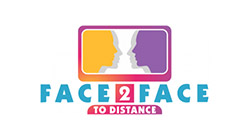
Project duration:
December 2020 – November 2022

More information:
Project coordinator
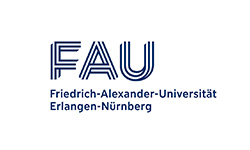
Friedrich-Alexander Universitaet Erlangen Nuernberg
Germany
Project partners
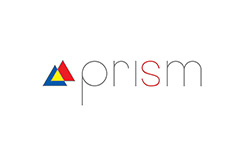
PRISM – Promozione Internazionale Sicilia – Mondo
Italy
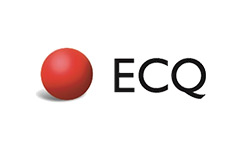
European Center for Quality
Bulgaria

Pelican Language School
The Czech Republic

Fundacja Rozwoju Aktywności Międzynarodowej i Edukacyjnej – FRAME
Poland
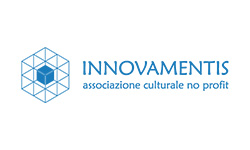
Associazione INNOVAMENTIS
Italy
Contact the project supervisor
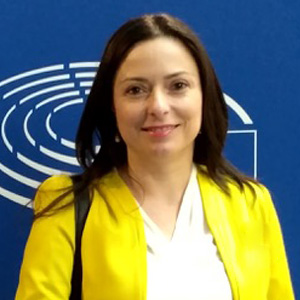
Marta Kędzia
mkedzia(at)euframe.eu

